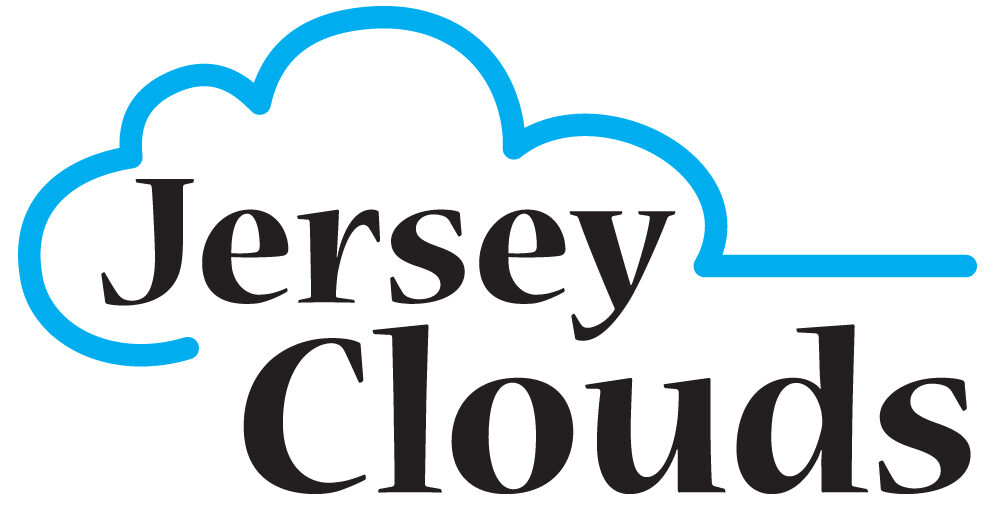Landmark Decision: Recent Developments in Cannabis Rescheduling
Introduction
In a significant move that has captured the attention of individuals, communities, and policymakers alike, yesterday (Aug 30) witnessed a groundbreaking development in the world of cannabis regulation. The news of cannabis rescheduling is making waves, reflecting the evolving perceptions of this once controversial plant and its potential impact on healthcare, economy, and society at large.
The Announcement
Yesterday’s news brought to light a pivotal decision regarding the rescheduling of cannabis. After years of debates, research, and shifting attitudes, regulatory authorities took a step towards reevaluating the classification of cannabis from its current status. The Department of Health and Human Services (HHS) endorsed the reclassification of cannabis from Schedule 1 (grouped in with heroin) to Schedule 3 (grouped with things like Tylenol with codeine). Now the matter goes to the DEA for their decision. While not guaranteed, one would hope the DEA would take the advice of medical professionals. If approved by the DEA, this decision carries profound implications for both medical and recreational cannabis users, stakeholders in the industry, and the general public.
A Shift in Perspective
The decision to reconsider the classification of cannabis is a testament to the changing perspectives surrounding the plant. What was once perceived primarily as a recreational substance is now acknowledged for its potential therapeutic benefits. As scientific research continues to unveil the medicinal properties of cannabis in addressing various health conditions, the push for a more appropriate regulatory framework has gained momentum. In addition, the very low toxicity of cannabis compared with other consumer items, such as alcohol and tobacco, has been recognized.
The Medical Advantage
One of the central arguments advocating for cannabis rescheduling revolves around its medical applications. Recent studies have demonstrated promising results in the treatment of chronic pain, epilepsy, anxiety disorders, and even certain forms of cancer. With the potential to alleviate suffering and improve the quality of life for patients, proponents of rescheduling highlight the importance of ensuring access to safe and regulated cannabis-based treatments.
Impact on the Industry
The cannabis industry is no stranger to volatility, given the evolving legal landscape across different regions. Yesterday’s news holds the promise of a revitalized industry, fostering growth and innovation. The potential for revised regulations could attract increased investment, promote responsible entrepreneurship, and generate substantial economic benefits for communities embracing legal cannabis markets.
The most profound implication is that cannabis is not subject to IRS code 280e, which applies to Schedule 1 and 2, but not for Schedule 3 medicines. 280e disallows most standard business deductions for a cannabis business, severely reducing income. The removal of this constraint will substantially improve the financial outlook for the cannabis industry, prompting greater investment in the regulated state markets.
Global Ripple Effect
Yesterday’s development also reverberates on an international scale. Countries around the world, some of which have already adopted progressive cannabis policies, may view this decision as a catalyst for revisiting their own regulatory approaches. The potential harmonization of international regulations could pave the way for more coherent and consistent cannabis policies across borders.
Conclusion
Yesterday’s news regarding cannabis rescheduling marks a watershed moment in the ongoing dialogue surrounding this plant’s legal and medical status. The decision to reevaluate its classification underscores the evolving attitudes and growing body of evidence supporting its therapeutic potential and lack of harm. As we move forward, it is imperative for stakeholders, policymakers, and communities to engage in thoughtful discussions that balance medical and adult use accessibility with responsible regulation, all while recognizing the profound impact this development could have on the economy, healthcare, and society as a whole.
